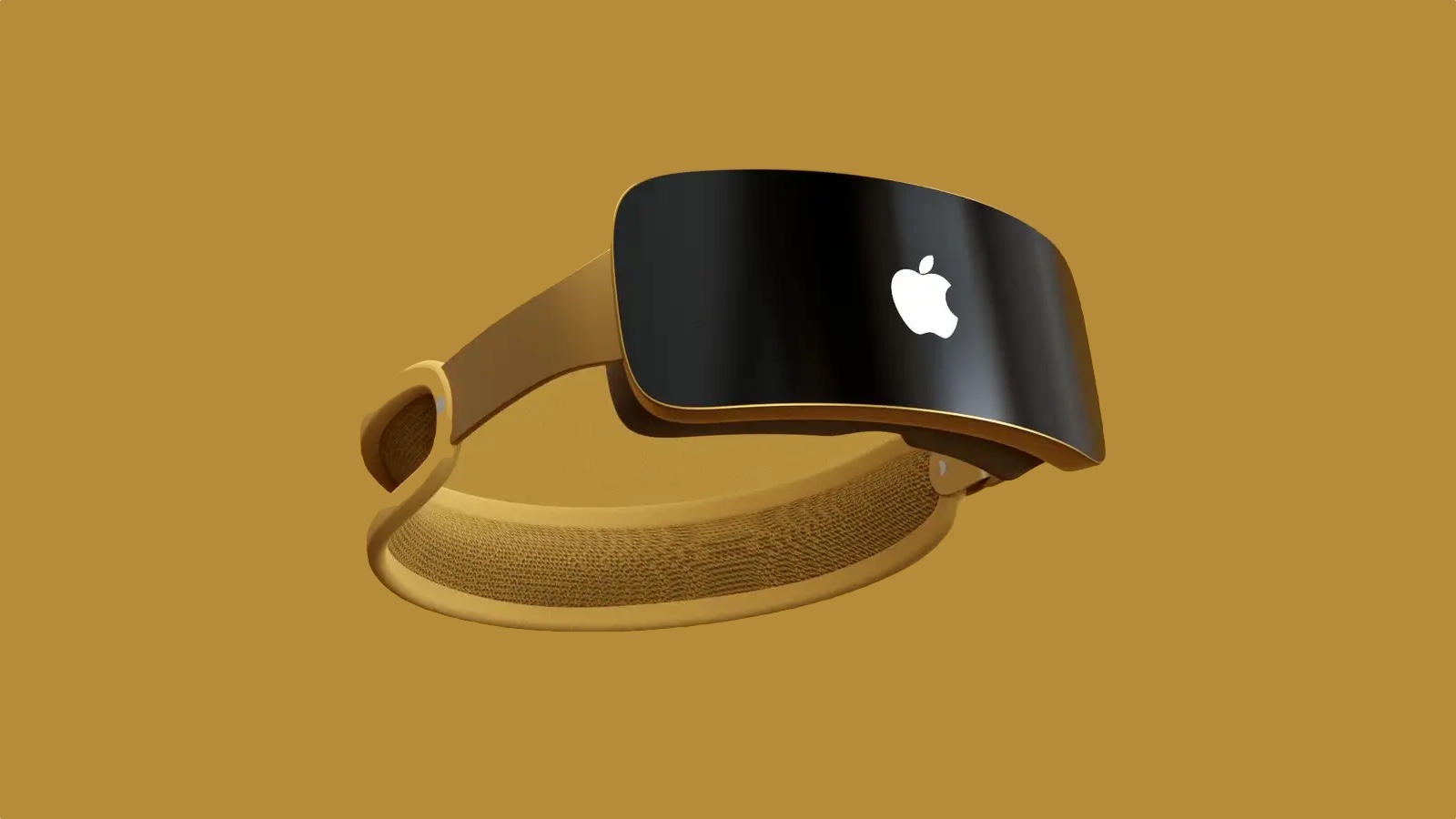
If Apple really is finally going to unveil the Reality Pro mixed reality headset this June, there could be some new tie-ins with the iPhone and iPad that will really change the way they're used.
Apple has been rumored to be working on this AR/VR headset for years now, and we've seen plenty of patents that have all pointed to the product's creation. Now, as we get closer to an expected WWDC 2023 unveiling, a new patent points to something special being on the horizon.
If you've ever looked at your distinctly 2D iPhone or iPad display and wished that it was a little more futuristic, this might well be the patent for you.
Patently impressive
The patent, which was spied by Patently Apple alongside another seemingly related to the headset, appears to suggest that an iPhone or iPad's display could be recreated in a 3D world. Or, at least, a portion of it.
The report says that one example shown in the patent suggests that "user interface objects" could be placed within a specific zone on-screen. They would then appear in the 3D world to anyone who is wearing the Reality Pro headset. Anything that remains outside that zone doesn't follow suit, giving users a way to choose what is 3D and what isn't.
The same patent suggests that the headset wearer could rotate their head to change the way on-screen elements appear in 3D space, while the user's hands could also be used to interact with them.
If that all sounds a bit Minority Report to you, you aren't alone. It isn't immediately clear whether you'd need a special iPhone or iPad for this to work — only the top-of-the-line best iPads, like the Pros or iPhone Pros would work, perhaps? — but that seems unlikely. Instead, it seems possible that this would be an extension of existing Continuity features and Universal Access.
However, as with all patents, it's important to remember that Apple applies for many of them every year. It's granted a ton, too, and not all of them result in products or features.
Still, take a look at the rather dense patent for yourself and see what you think — even if Reality Pro does cost that rumored $3,000, we think this technology sounds pretty impressive.







